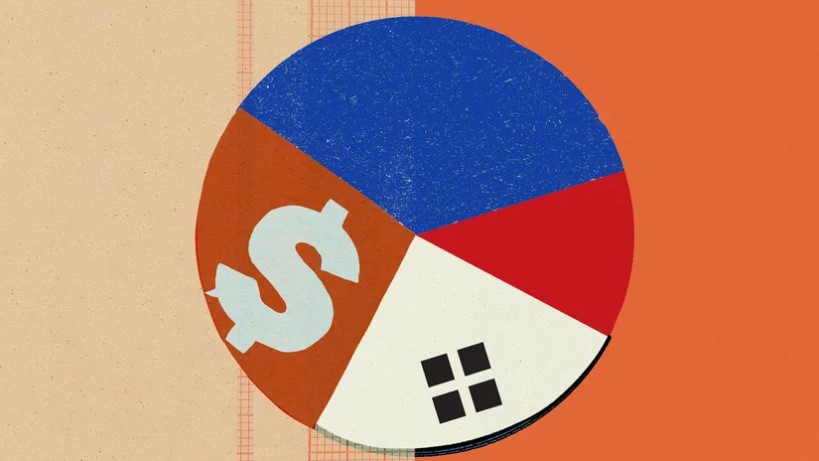Published by REALTOR.com | May 22, 2024
Home values have risen rapidly over the past few years, but when it comes time to sell, that windfall can come with a nasty surprise: capital gains taxes.
Since 1997, home sales that generated less than $500,000 in profits for the seller have typically been exempt from federal taxes on capital gains, which are the same kind of taxes levied on profits from the sale of stocks and other assets.
For decades, few homes appreciated enough in value between purchase and sale to exceed the half-million dollar exemption cap. But a recent report from CoreLogic found that last year, 229,600 homes sold in the U.S., or 7.9% of all transactions, had gross capital gains above $500,000, potentially triggering tax liability. That’s up from an annual share of 1.3% 20 years ago.
In some areas, capital gains taxes on home sales are now becoming common enough to push many potential sellers to the sidelines, says Anne Russell, director of risk management at Rodeo Realty of Beverly Hills, CA.
“With all of these exorbitant capital gains tax events for sales, many, many older Americans now are not selling, because too much of that money will go to taxation, and not enough to their heirs,” says Russell. “Instead they’re aging in place.”
Due to a quirk in tax laws, it might make sense for certain homeowners to cling to their current homes until death, at least under the current rules. That’s because when a property is inherited, the cost basis of the home, which would otherwise be the original purchase price, resets at current market value for whoever inherits it.
The difference between cost basis and sale price is the “capital gain,” or profit, subject to federal taxes if it exceeds $500,000 for a home.
For example, if a home was purchased years ago for $700,000 and is now worth $1.2 million, selling it could trigger capital gains taxes for the homeowner, which range as high as 20% depending on the tax bracket. But, even if the home’s value continues to rise during the original homeowner’s lifetime, the heirs could potentially sell it tax-free after the owner dies.
One major reason for the increasing frequency of tax hits on home sales is that the exemption limit has not been adjusted for inflation since 1997, when it was set at $250,000 for single filers and $500,000 for couples filing jointly. When indexed for inflation, $500,000 in 1997 dollars would be worth about $985,000 today, nearly double the threshold originally set by Congress.
In Congress, recently proposed legislation known as the More Homes on the Market Act would raise the capital gains exemption limit on homes, and automatically raise the cap in response to future inflation.
Introduced in March 2023 by U.S. Rep. Jimmy Panetta, a Democrat from California, the bill has gained bipartisan support, with 16 Republicans and 35 Democrats signed on as co-sponsors.


